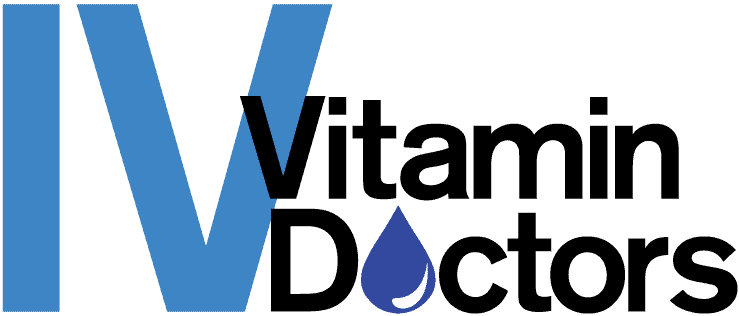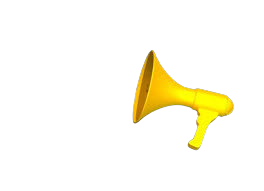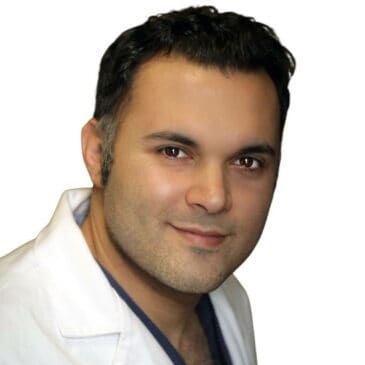How to lower cholesterol
High cholesterol (or, if you’re feeling fancy, hypercholesterolemia) can develop fatty deposits in your blood vessels. These deposits can break free, forming clots that cause heart attacks or strokes. If you have high cholesterol, an important aspect of preventing cardiovascular disease is to get your cholesterol under control. That starts with making healthy lifestyle changes such as eating balanced meals and getting enough exercise – but it doesn’t stop there.
In addition to eating right, we know some vitamins can help lower cholesterol. Targeted nutritional support can help bring down unhealthy cholesterol levels and protect you from future coronary heart disease!
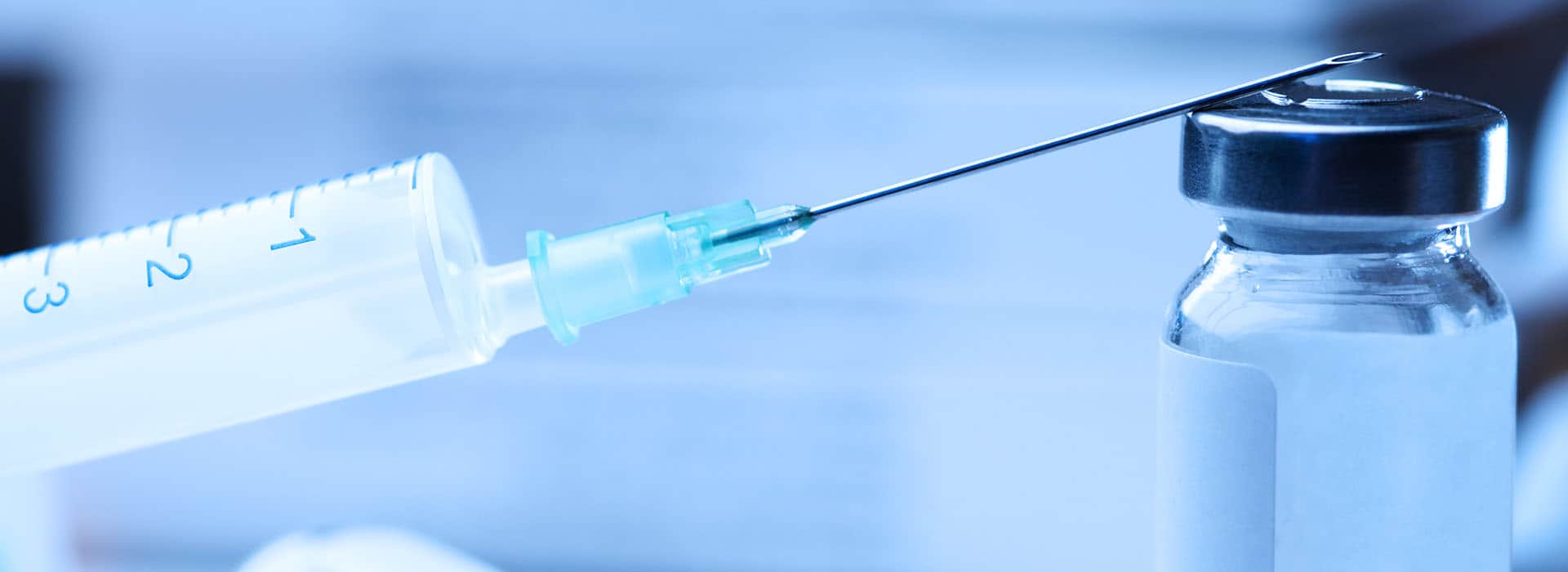
Medication for cholesterol
For those at particularly high risk of heart disease, medications can be prescribed to help lower cholesterol levels. The most well-known class of cholesterol medications is called statins. They are inhibitors of the enzyme that controls cholesterol production.
Doctors sometimes prescribe niacin to help lower LDL levels, but it is more helpful in raising low HDL levels. It should only be used under a doctor’s supervision.
If you’re taking any medication for your cholesterol, consult with your healthcare team before pursuing IV vitamin treatment.
What are healthy cholesterol levels?
Serum lipids are measured by milligrams per deciliter (mg/dL) – how many milligrams of lipids per deciliter of blood. A desirable low-density lipoprotein cholesterol level (LDL) is less than 100mg/dL while a desirable high-density lipoprotein cholesterol level (HDL) is greater than 60mg/dL. Most of the fat in your body exists as triglycerides. Ideal triglyceride levels are lower than 150mg/dL.
What vitamins lower cholesterol?
I am asked “are there vitamins for high cholesterol?” quite a bit, and fortunately, there are several vitamins that can help with high cholesterol. We are going to talk about two of the best vitamins to lower cholesterol – vitamin C and vitamin D.
Vitamin C and Cholesterol
Low levels of vitamin C (also known as ascorbic acid) can affect your cardiovascular system by increasing your “bad” cholesterol levels while decreasing the “good” cholesterol.
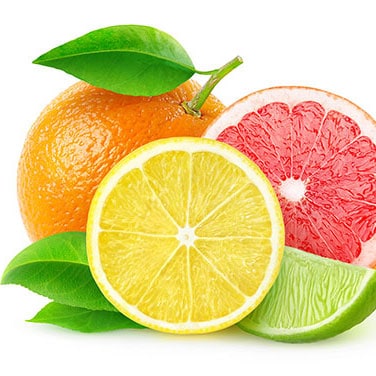
Low levels of vitamin C have been shown to have the following effects on the body:
- Increases triglyceride and LDL cholesterol levels
- Decreases your good HDL cholesterol levels
- Lowers conversion rate of excess blood cholesterol into bile
- Reduces the production of collagen, a very important connective tissue component that strengthens your body’s arterial walls
- Antioxidant properties prevent some of the damage of free radicals
Insufficient vitamin C is also a risk factor for atherosclerosis (hardening of the arteries) and high blood pressure.
Studies show that when people receive high-dose vitamin C infusions they often experience reductions in total cholesterol.
Vitamin C reduces LDL levels by increasing the ability of the liver to transform cholesterol into bile acids. Vitamin C may also increase the number of LDL-receptors, thus increasing the rate of removal of LDL cholesterol from the blood.
High-dose vitamin C risks
One side effect of high dose vitamin C is low copper levels. So, make sure you get at least 2 mg of dietary copper daily when taking higher dosages of vitamin C.
If you’re prone to kidney stones, high-dose vitamin C may not be recommended, as it can contribute to kidney stone formation.
There is conflicting information on how vitamin C impacts blood sugar in patients with diabetes.
Vitamin D and Cholesterol
Vitamin D helps our bodies in numerous ways, but the main function is to promote calcium absorption in your body.
Two main sources of vitamin D are diet and sun exposure.
Vitamin D can help:
- keep your bones and teeth healthy
- improve cardiovascular function
- keep your lungs and airways healthy
- boost muscle function
- boost the immune system
Vitamin D is necessary for your health. A vitamin D deficiency can lead to brittle bones, as well as rickets in children.
Some research has shown that Vitamin D deficiency also leads to depression, type 2 diabetes, asthma, and high cholesterol (which just happens to be the topic of this article)!
Thus, vitamin D supplementation may improve cholesterol levels, especially if you’re already vitamin D deficient. According to a study in the Journal of the American Heart Association, too much vitamin D supplementation can increase your risk of kidney stones. However, people often don’t get enough vitamin D in their bloodstream from oral supplements or food alone. (That’s where we come in.)
What foods contain Vitamin C and Vitamin D?
Most Americans do not get enough of their essential vitamins from food. Make sure you’re eating vitamin-rich foods whenever possible.
Some of the best sources of Vitamin C include:
- Red peppers
- Green peppers
- Broccoli and Broccoli leaves (as well as Broccolini)
- Kiwifruit
- Strawberries
- Cantaloupe
- And of course, citrus fruits
Make sure when cooking vegetables, do not boil them for too long as this will reduce their vitamin C levels by up to 80%. If you want optimal nutrition from your vegetables, steaming or eating them raw generally leaves most of the vitamins.
Foods that contain high levels of Vitamin D include:
- Cod liver oil
- Salmon
- Swordfish
- Tuna fish
- Sardines
- Beef liver
- Egg yolk
- Juices, milks, and cereals fortified with vitamin D
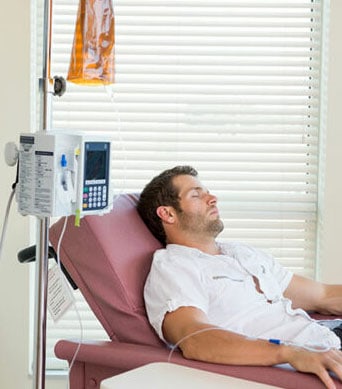
IV Vitamins to help cholesterol
For those suffering from high cholesterol levels and low vitamin C or D levels, IV therapy can be a life-changing experience. Our medical team will give you an intravenous (IV) infusion of vitamins. You’ll either visit our clinic weekly (or have us visit you) for three months as our vitamin infusion lowers your lipid levels.
Why trust IV Vitamin Therapy for your high cholesterol vitamins?
IV Vitamin Therapy is located in an upscale boutique-style medical office. After consulting with a physician, you will be prescribed a single nutrient or a cocktail of high-quality IV therapy nutrients, depending on your health history and goals. Sessions typically take between 20 and 60 minutes, and patients are conscious for the entire procedure. After the initial painless prick of a needle at the injection site, the nutrients flow into the bloodstream, and there is an immediate sense of improved well-being.
Almost immediately after injection, the nutrients injected into the body begin working. Many patients use this time to read or work remotely. Modernly designed and calm, our medical offices are the perfect environment for athletes to receive regular IV vitamin injections.
IV vitamins for cholesterol near me
Busy? We’ll come to you. Many of our clients who prefer to receive injections in the privacy of a home or office can choose our popular concierge house call service for mobile IVs.
IV Vitamin Therapy is conveniently located in Beverly Hills and can come to your home or office throughout the Los Angeles area. We serve patients near Beverly Hills, Bel Air, West Hollywood, Santa Monica, West Los Angeles, Culver City, Hollywood, Venice, Marina del Rey, Malibu, Manhattan Beach, Redondo Beach, Downtown Los Angeles, Encino, Woodland Hills, Sherman Oaks, Calabasas, Burbank, Glendale, Hidden Hills, Agoura Hills, Northridge, North Hollywood, Topanga, Canoga Park, Reseda, Valley Glen, Chatsworth, West Hills, Winnetka, Universal City, Silverlake, Echo Park, and many more.
Book now at 877-760-3564
